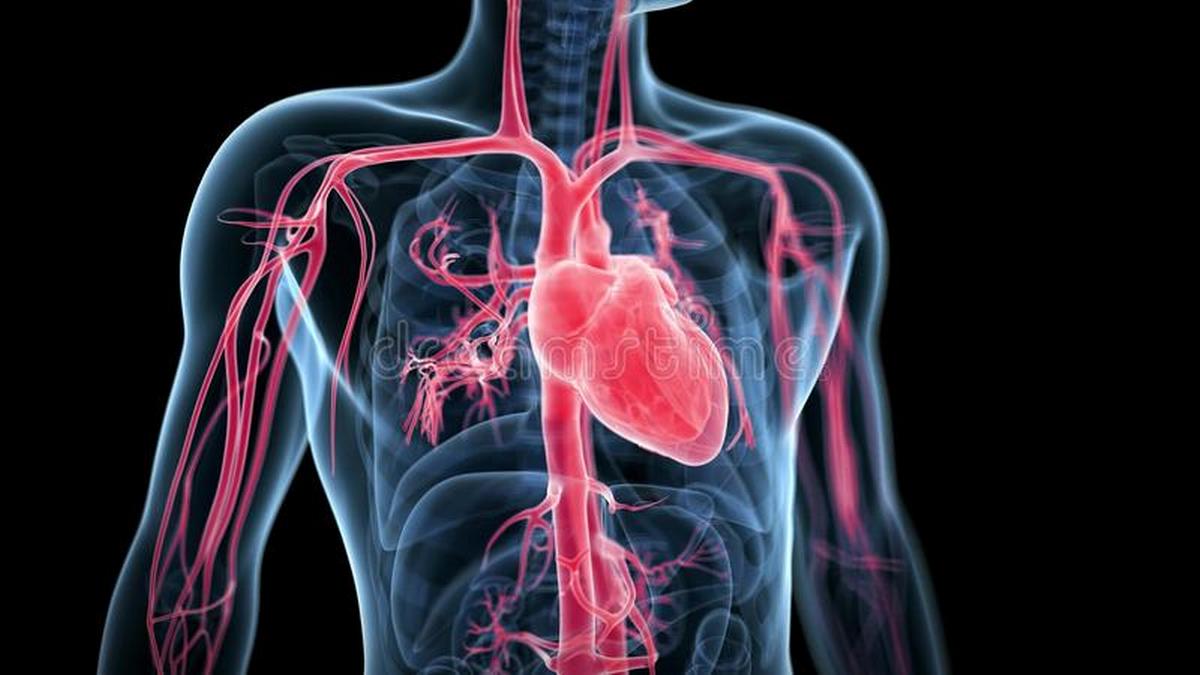5 Facts About Coronary Angiography

When a cardiologist or heart specialist needs to examine the coronary arteries of a patient’s heart, they’ll perform a coronary angiogram.
Coronary Angiography is one of the most common types of angiogram performed, and is done so under localized anesthetic with very little downtime for the patient.
Coronary angiography is a medical technique that utilizes medical imaging to examine the blood vessels and internal organs of the patient’s body. It gives doctors a clear view of the heart chambers, veins and arteries so that any blockages can be spotted. X-ray is used alongside a contrast dye that is injected into the bloodstream. The dye highlights the blood vessels and the X ray will take images. Cardiologists can then examine the images and determine whether there are any blockages that need to be opened up.
If there isn’t then the patient is free to go. If blockages are spotted, the patient will be given a series of treatment options and recommendations to remove them.
Here are 5 facts about coronary angiography that every patient should know:
Coronary angiography is performed for a large number of reasons

We have already mentioned that coronary angiograms are needed to spot blockages. But there are many signs and symptoms that can occur in the patient that indicate one is necessary. These are:
- Unexplained pain in the chest, jaw, neck or arm
- A chest injury
- Unusual chest pain when other tests are normal
- Congenital heart disease
- Angina or unstable angina
- Coronary thrombosis / blood clots
- Heart failure
- A recent heart attack
- Atypical results of a heart stress test
- Problems with the heart valve requiring surgery
If you have any of these symptoms, you should book an appointment with the Harley Street Heart and Vascular Center.
The procedure is very quick
It only takes 30 to 60 minutes to have angiography performed. The length of time normally depends on how complex the procedure is. Normally, only local anesthesia is required to perform the angiography. But in some cases, sedatives may also be given. If this is the case, you may need to stay in the clinic for a couple of hours after the procedure has finished to be monitored.
Only specialist doctors can perform a coronary angiography
Cardiologists are fully trained and licensed doctors who have completed extra training in matters relating to the heart and vascular system. A coronary angiogram can only be performed by an experienced cardiologist. You will also be seen by a radiographer, who takes the medical imaging with the X ray. A nurse practitioner will be present to help monitor you.
This procedure takes place in a catheterization laboratory (also known as cath-lab).
When you go for coronary angiography, you’ll be taken to a catheterization laboratory, otherwise known as a cath lab.
A cath-lab looks very similar to an operating theater, with a few differences. It is a lab within the clinic that has all the imaging equipment needed to carry out the coronary angiography. There are two types of procedure that might be performed.
- Catheter coronary angiography – This is where a catheter is placed into your artery in your groin or arm and then guided towards the opening of your coronary arteries. Once positioned, it injects the contrast agent and then the X ray is taken.
- Non-invasive coronary angiography – This is where no catheter is used, and instead, imaging tests are performed to take an X-Ray of the blood vessels.
Your cardiologist will explain which procedure you need and why.
It’s not risk-free
There is no such thing as a 100% risk free medical intervention or procedure. In the case of a coronary angiography, you can expect the procedure to be extremely safe, but there are some risks worth noting.
- You might have a (very rare) allergic reaction to the iodine dye that is injected into your body to highlight the nerves and blood vessels. If this happens, you will immediately be treated with medication and the procedure will end.
- You might get some pain or swelling at the insertion site.
- In rare cases, the catheter might cause damage to the blood vessel.
- In very rare cases, the iodine dye can cause damage to the kidney.
- The iodine dye can cause arrhythmia or irregular heartbeat however if this occurs it usually settles at the end of the test.
- There is a very rare chance of getting a heart attack or stroke, which can be fatal.
Your cardiologist will explain the risks to you in more detail and answer any questions you have. What is important to remember is that these procedures are performed all the time and complications are extremely rare.
You’ll need to prepare for a coronary angiography

You will be asked in advance of your coronary angiography to do the following:
- Not eat anything after midnight the night before your procedure.
- Discuss any medications you take with your cardiologist and follow their advice on whether you should continue taking these, or stop them before the procedure.
- Ask someone to take your home after the procedure
- Empty your bladder before the procedure
- Remove any jewelry
- Discuss with your doctor if you think you might be pregnant, if you have asthma, any allergies or any other diseases or conditions.
- Talk to your doctor about your concerns, ask as many questions as you want, and ensure you have all the information about the procedure and what to expect.
The Bottom Line
A coronary angiography is a safe, effective and regularly performed procedure that can give you and your cardiologist a clearer view of your heart health. Furthermore, the procedure involves very little downtime and can be done on an outpatient basis. If you’d like to learn more about accessing a coronary angiography, talk to us.
Talk To Us
As some of the best cardiologists in Singapore, we are highly skilled in performing a coronary angiography. If you think you have a heart condition, or have a family history of heart problems, you should book an appointment to see us. We can invite you to a thorough cardiac consultation, take an in-depth medical and family history and recommend tests and treatments accordingly, including a coronary angiography.
Click here to book an appointment.

